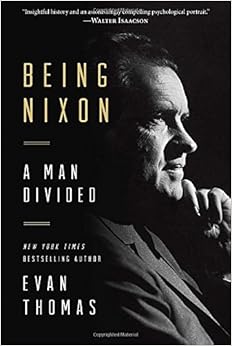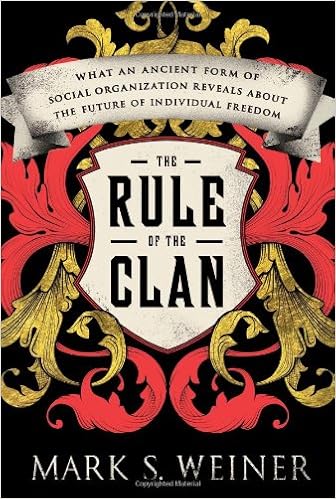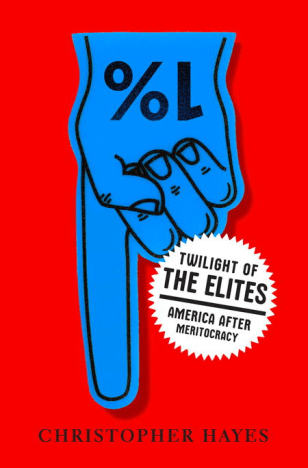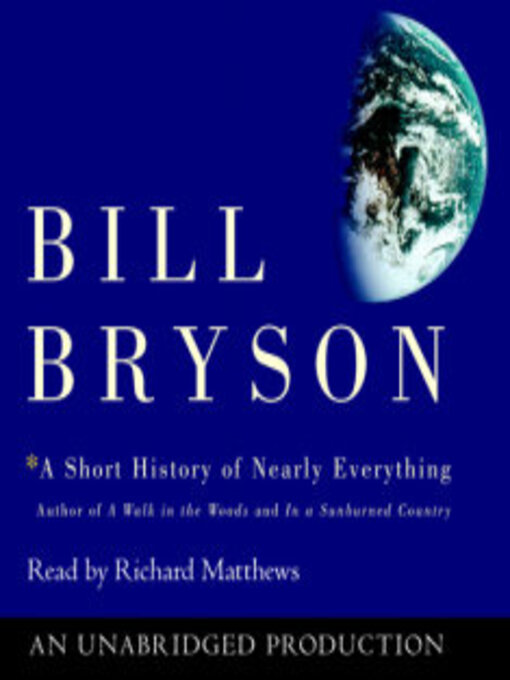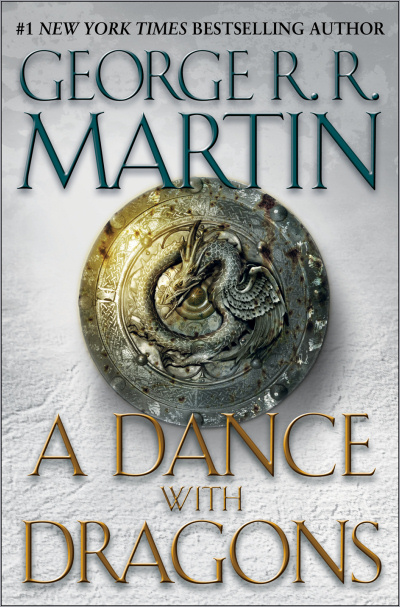Book Bonanza
Monday, December 28th, 2015[by Mark Safranski, a.k.a. “zen“]
My usual yuletide haul of books received and purchased….
The Last of the President’s Men by Bob Woodward
Being Nixon: A Man Divided by Evan Thomas
Iron Curtain: The Crushing of Eastern Europe 1944-1956 by Anne Applebaum
Avoiding Armageddon: From the Great War to the Fall of France 1918-1940 by Jeremy Black
Roots of Strategy Book 3
Rule of the Clan by Mark Weiner
Twilight of the Elites: America after Meritocracy by Christopher Hayes
Democracy in Retreat by Joshua Kurlantzick
The Righteous Mind: Why Good People are Divided by Politics and Religion by Jonathan Haidt
The Middle-East: A Brief History of the Last 2000 Years by Bernard Lewis
Patton: A Genius for War by Carlo D’Este
Beetle: The Life of General Walter Bedell Smith by D.K.R. Crosswell
The Libertarian Mind by David Boaz
A Short History of Nearly Everything by Bill Bryson
Starship Troopers by Robert Heinlein
A Dance of Dragons by George R.R. Martin
If anyone has read these titles and wishes to fire away about them, or their authors in the comment section, feel free. Not sure how many will be featured in future reviews.
The Nixon books were first brought to my attention on, if I recall, the Facebook page of historian Maarja Krusten of NixonNARA, the expert’s expert in matters relating to the presidential records, documents, court cases and tapes of Richard Nixon. When Maarja opines on Nixon topics, I listen with care. I look forward to reading these, even though my opinion of Bob Woodward is that he often has to be treated cautiously, Alexander Butterfield’s cooperation and contribution was obviously central to the book (not unlike the far longer cooperation between George Kennan and his biographer, historian John Lewis Gaddis). Evan Thomas’ theme just offhand strongly reminds me of Richard Reeves’ excellent President Nixon: Alone in the White House; I’m curious if this will be a rehashing or if Thomas can bring something new to the table about America’s 37th President.
I am also excited about Rule of the Clan, which should be of interest to anyone thinking about insurgency, irregular warfare, unconventional warfare and terrorism intersecting with tribal or quasi-tribal societies. My friends Michael Lotus and James Bennett who wrote the excellent America 3.0 and drew on the family structure ideas of British anthropologist Alan Macfarlane and French scholar Emanuel Todd, would also be interested.
The fiction was picked up for a simpler reason. I need a change of pace and never read the last, most recent book in the Game of Thrones series.
What are you reading these days?

